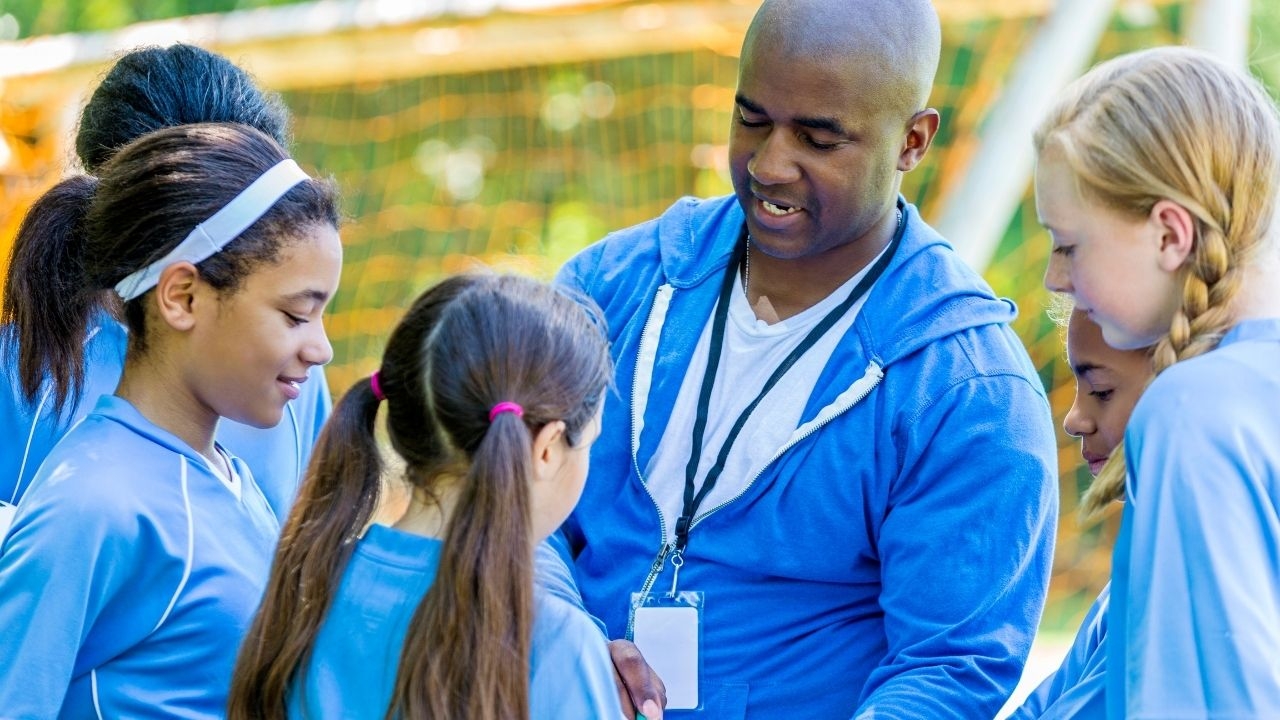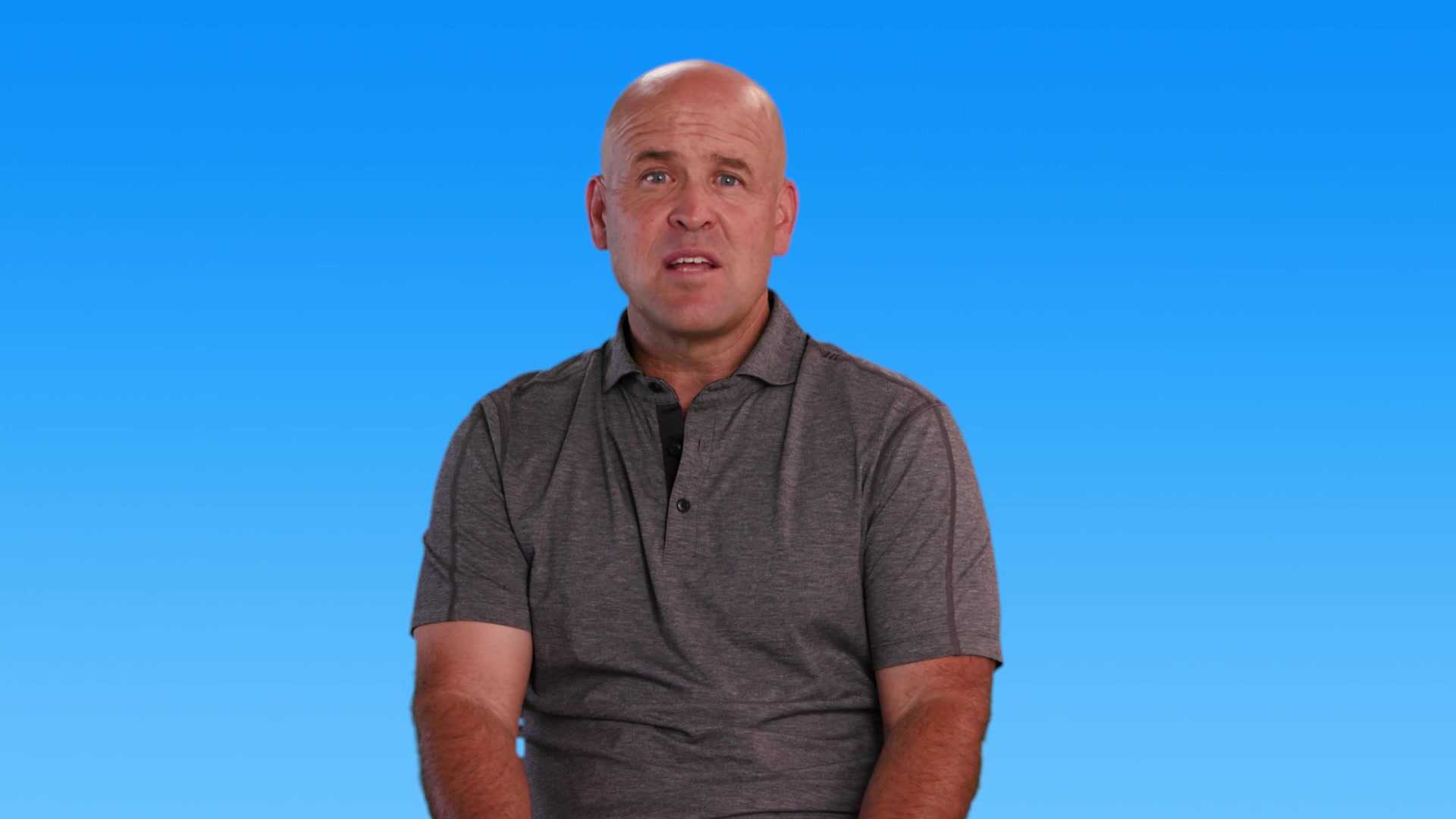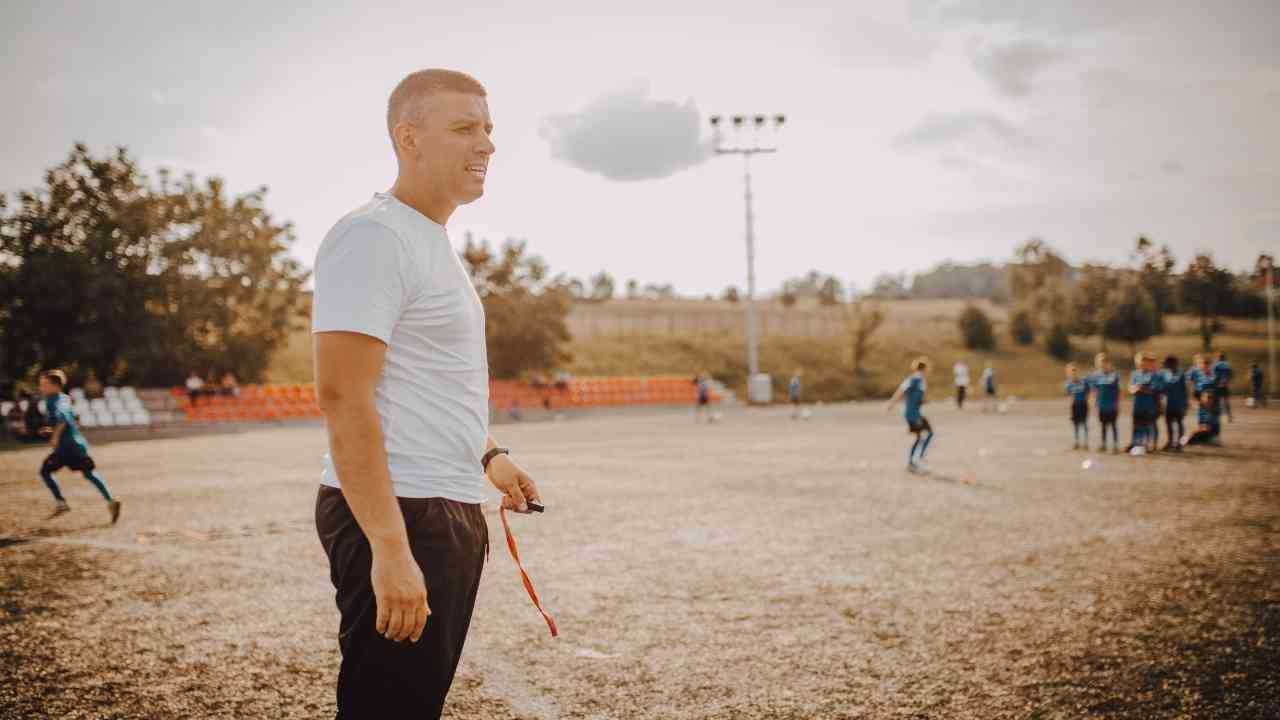What Coaches Need to Know About Social and Emotional Learning
And how to build SEL right into your practice plan
Sarah Lindenfeld Hall
| 4 min read

Canva
Youth coaches teach plenty of skills to the kids on their teams — how to shoot, how to pass and how to dribble down the field. But to be truly successful in sports and in life, kids need to master more than just technique.
Building relationships and making connections are also skills, says Suzanne Sillett, director of education and quality at Coaching Corps, a non-profit that uses social and emotional learning, or SEL, as a core part of their training program for volunteer coaches who work in under-resourced communities.
SEL helps kids develop skills such as self-management, good decision making, building healthy relationships, empathy and social awareness. And research shows it works. Kids who participate in SEL programs have better grades, behavior and long-term life outcomes.
But how does that translate to youth sports?
A coach can give kids opportunities to talk about emotions and model how to form relationships and communicate, for example. “If we can help kids learn those things in a sports setting,” says Sillett, “it’s just going to set them up to be able to do so as they move into classrooms and within community settings.”
Sillett says it doesn’t take much to incorporate some of the basic tenets of SEL into your weekly practices. And the good news is that it’s a lot easier to do than it sounds.
Here are five things any coach can do.
Show up early.
Get to the field 15 minutes before practice starts and let the kids know you’ll be there. Maybe you’ll just share the same space for a bit. Maybe they’ll help you put out the cones. And, maybe, one day, they might open up about something that’s bothering them. “You’re creating that consistency of showing up and being a dependable adult for them,” Sillett says.
Plan an opening circle.
“Talking sticks” aren’t required, and an opening circle doesn’t need to take a long time, Sillett says. Just use the first moments of practice to tell the players what they’ll be doing working on and ask everybody how they’re doing with a thumb check. “I just take note of whose thumb isn’t up or whose thumb is sideways,” she says. “I can pay attention to them a little more.”
Give kids a voice.
Always create an opportunity for kids to speak up. “In a halftime talk or debriefing after an activity at practice, I can say to my kids, ‘What are two things we’re doing really well right now? What can we improve on?’” Sillett says. “I’m creating, routinely, an opportunity for kids to have a voice.” Using open-ended questions invites the players to problem solve, which boosts their sense of self-efficacy.
Go one-on-one.
If a player is struggling during an activity or just seems to give up, don’t assume they’re lazy and ignore them for the rest of practice. Ask them what’s up.
“I always start with a question and get that insight first, so I’m not making assumptions about what’s going on for a kid,” Sillett says. “And that, in turn, helps kids start to identify their own emotions and be able to name them.”
Learn from your players.
Sillett isn’t recommending that coaches abandon practice plans and just follow along with whatever the kids want to do. “That would be a total disaster,” she says. But, within the context of a planned practice, give kids opportunities to lead and help. They might pick the stretches during warmups or demonstrate what’s working for them when passing.
“Look for those little opportunities to have kids contribute,” she says. And remember, the benefits can go both ways. “As coaches, we should have the mindset that we always have something to learn. And oftentimes, the kids are the best teachers for us.”
Related articles
Why Empathy Is Your Coaching Superpower




